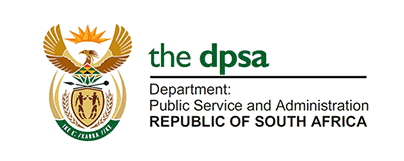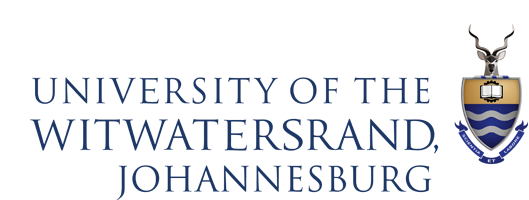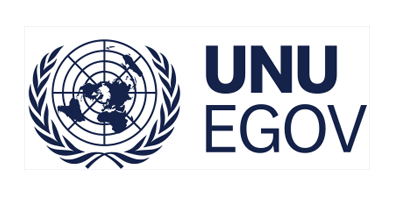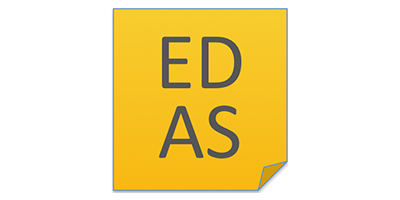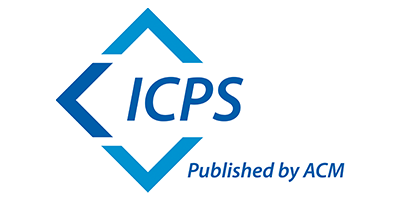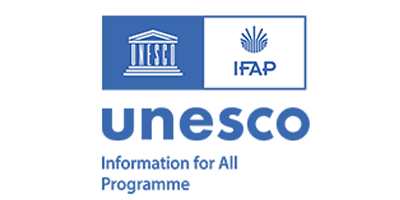
The host country of ICEGOV 2022 is Portugal. Its name derives from the Roman-Celtic place at the mouth of the River Douro named Portus Cale; portus being the Latin word for harbour and cale (probably) an ethnonym derived from the people who occupied the north-west of the Iberian Peninsula.
A unitary semi-presidential republic, Portugal is a developed country with a high-income advanced economy and high living standards, and is a member of the United Nations, the European Union, as well as a founding member of NATO, the Eurozone, the OECD, and the Community of Portuguese Language Countries. It is located in southwestern Europe, being bordered to the west and south by the Atlantic Ocean and to the north and east by Spain. Its territory also includes the Atlantic archipelagos of the Azores and Madeira, both autonomous regions with their own regional governments. The northern landscape is mountainous towards the interior with several plateaus indented by river valleys, whereas the southern regions are characterized by rolling plains. The coastline is about 940 km long.
Portugal is one of the oldest states in Europe, its territory having been continuously settled, invaded and fought over since prehistoric times. It was inhabited by pre-Celtic and Celtic peoples, visited by Phoenicians-Carthaginians and Ancient Greeks, ruled by the Romans, who were followed by the invasions of the Suebi, Visigothic Germanic peoples, and Moors.The current border with Spain is almost identical to the one defined in 1297 by the Treaty of Alcañices, making it one of the oldest in the world. In the 15th and 16th centuries, Portugal established the first global empire. During this period, known as the Age of Discovery, Portuguese explorers pioneered maritime exploration, including the discovery of the sea route to India and the European discovery of Brazil, thus making the country one of the world’s major economic, political and military powers.
After the 1910 revolution deposed the monarchy, a democratic but unstable republic was established, later being superseded by a right-wing authoritarian regime. Democracy was restored after the peaceful revolution on 25 April 1974. Shortly after, independence was granted to almost all its overseas territories; the handover of Macau to China in 1999 marked the end of what can be considered one of the longest-lived colonial empires in history.
Useful information
LANGUAGE | The official language is Portuguese. Most people can speak English to a good degree (especially the younger population) and important information will be available in at least English in most public spaces.
TIMEZONE | During the conference, Portugal’s timezone is Western European Summer Time (WEST), which is ahead of UTC by 1 hour (UTC+1).
WEATHER | Portugal is defined as having a Mediterranean climate. During the conference (early October), it is expected that the temperatures will average 18ºC and all days will be sunny. However, heavy rain may occur and temperatures may be lower. A weather forecast is available here.
SAFETY | Portugal as a whole is one of the safest countries in the world, having been ranked in the Top 5 of the Global Peace Index since 2016. Likewise, Guimarães is a very safe city. Naturally, normal precautions should still be taken.
HEALTH & INSURANCE | Emergency treatment is free of charge to all people in public hospitals via the National Health System. The emergency number is 112. No special vaccinations are required, although it is highly recommended that participants are vaccinated against COVID-19. European Union citizens should bring their European Health Insurance Card if they have one. The conference organisers will not be responsible for any medical expenses, loss or accidents incurred during the conference. Participants are strongly advised to arrange their own personal insurance for their travel and stay in Portugal.
CURRENCY | The currency in Portugal is the EURO (€), the same currency used in 18 other European Union Member States. The euro coins come in denominations of 1, 2, 5, 10, 20, and 50 cents, and 1 and 2 euros; the banknotes come in denominations of 5, 10, 20, 50, 100, 200, and 500 euros. It is not common to find banknotes of 200€ and 500€, and smaller stores may refuse to accept such a high denomination. All major credit cards are widely accepted in Portugal and many shops and restaurants accept credit card payments. However, not all of them do, therefore it is advisable to always carry some cash. There are numerous ATM machines spread throughout the entire country called Caixas Multibanco (MB) where money can be withdrawn. It is heavily recommended that you exchange your local currency for euros before arriving in Portugal; it is not possible to exchange currency in Guimarães. A passport or other form of ID is required when exchanging currencies. Banks are open Monday to Friday from 8:30-15:00 and are closed on official holidays and weekends.
ELECTRICITY | The standard electrical power supply is 220-240V/50Hz and the power sockets are Type C and F (two round pins).
MEASUREMENTS | All measurements in Portugal are metric, as are weights; the temperature scale is Celsius.
DRIVING | Portugal is a right-hand traffic country and international driving laws apply. Traffic signs are standard international traffic signs. A driving license which has been issued in an European Union Member State, Iceland, Liechtenstein or Norway shall, as a rule, entitle the holder to drive a motor vehicle also in Portugal. For citizens outside the EU, an International Driving Permit is required.
SMOKING | Smoking is allowed on the street or open public areas; smoking is not allowed by law inside public buildings unless these have a specific area for smokers. Smoking inside the conference venue is strictly forbidden. Tobacco cannot be sold or supplied to people under 18 years old.
TAX | Most goods in Portugal are subject to Value Added Tax (VAT), available in three different rates depending on the product (6%, 13% or 23%). All prices listed include VAT, so you should never have to pay more than the advertised price.
TIPPING | It is not mandatory to tip in Portugal, no matter the kind of service provided. However, you can do it even if there is no set standard for how much to leave when service exceeds expectations.
Useful links
→ Visit Portugal – Official Tourism Website
→ Portugal Clean & Safe

